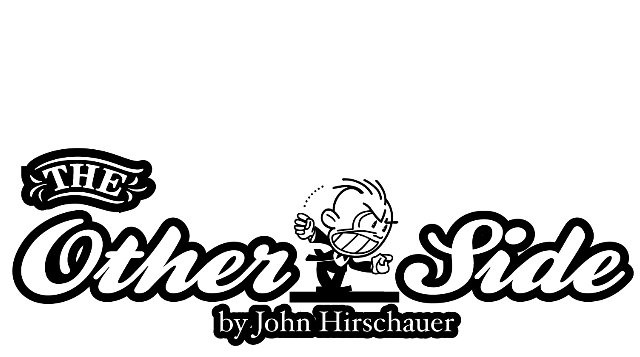As you will find out in your time at Fairfield University, the Latin Jesuit aphorisms that adorn orientation materials are at their best, time-honored principles of human action and at their most ubiquitous, veiled conduits to the type of secular, progressive ethics you would receive at any non-Catholic college. To some, this is a welcome reprieve that Fairfield won’t be “oppressive” in their enforcement or propagation of the Roman Catholic mission.
I was asked in this column to talk about how Catholic norms impact campus culture. The question’s paradigm misses, in my view, the real incisive challenge for incoming freshmen: for those of you who desire to remain Catholic at Fairfield, it will require an undying conviction that your faith is worth fighting for, because there is very little belief, even among many in places of authority, that devout Catholicism is anything other than an intolerant spasm of those sitting on the wrong side of history.
Fairfield University is a Catholic school, insofar as it labels itself that way, but that demarcation becomes more and more nominal with each passing year. From the moment you walk into your classes, you’ll feel the unmistakable contempt for germane Catholic theology that seems to often be the school’s default disposition. And for many of you, that is a positive fact; perhaps this most closely aligns with your worldview. All worldviews are welcome here and diversity of thought is an indispensable part of broadening your horizons. My purpose in this piece isn’t to beleaguer anyone — it’s to provide a realistic view of the campus landscape for those who enter the school with some connection to their faith. For freshmen who come in seeking to remain Catholics, your beliefs will be dismissed, your motives will be impugned and your faith will be tested.
Pay no attention, therefore, to the veneer of religiosity embodied in an on-campus chapel. The culture here isn’t imbued with Catholicism or Catholic values. It truly is ensconced with the same amalgam of postmodernism, disdain for the West and tribal conflagrations that you’d find on any other college campus. Everyone is either pro-abortion or submissively anti-abortion. “True believers” that buy the standard Catholic teaching that abortion is a mortal sin, are given the same collective condemnation that George Wallace would have gotten in those Southern schoolhouse doors, because it’s not church belief that’s important here, it’s a faint sense that nothing is really objectively true and by proxy, everything and everyone’s version of the truth is equally valid.
The Catechism is mentioned not as a guidebook for human behavior but a quaint relic, the way one might view an ancient painting, where its value is determined not in its totality but only insofar as it propagates the central zeitgeist, namely, being “nice,” irrespective of whether that “niceness” squares with basic truths of the faith. Do not expect Planned Parenthood to be barred from appearing on campus out of principle. They won’t be. Rather than standing on the side of a justly formed law, the University posts flyers across campus implicitly acknowledging and even condoning the fact that students will drink underage. “Be smart about it,” the signs say. What about following the law? Where is the institutional Catholicism when it would be forced to say something other than “if it feels good, do it”?
The most elevated form of faith here is one where the licentious exercise of personal debauchery and indulgence in pleasure are heralded as either virtuous or morally neutral. Anything else is considered backwards or worse, intolerant.
The point of this piece is not to promulgate any sort of image of my own piety or be spiteful toward Fairfield. The truth is, the Church’s moral message always was and remains unpalatable to many and quite unpopular. And Catholic schools across the country, not just Fairfield, have refused to play Russian roulette with their futures by upholding Church teaching; spouting vague platitudes about “being nice” while embracing the increasingly radical modus operandi of campus politics has proven to be a financially solvent model.
This reality is fine or ideal for some. When you begin your four years here at Fairfield, you’ll realize it isn’t fundamentally a Catholic campus. It is completely indistinguishable from secular schools across America. If you come into this school with your Catholic faith, the impetus is on you to change the culture from within. Because, as you’ll soon discover, the institutional powers that be really don’t seem to believe much of anything that you do.


Brilliant !!!
from Dave Orintas Fairfield Class of 1964